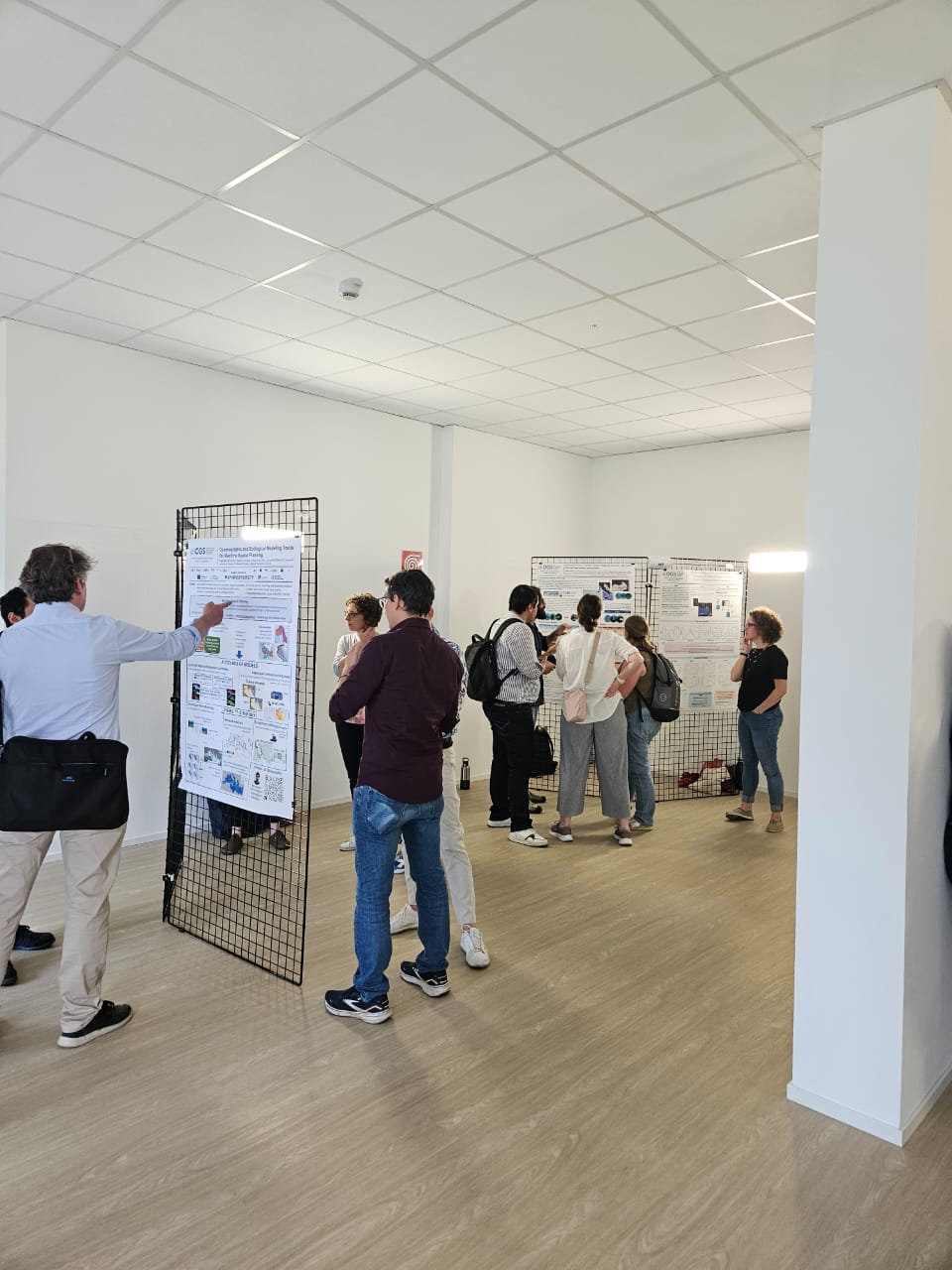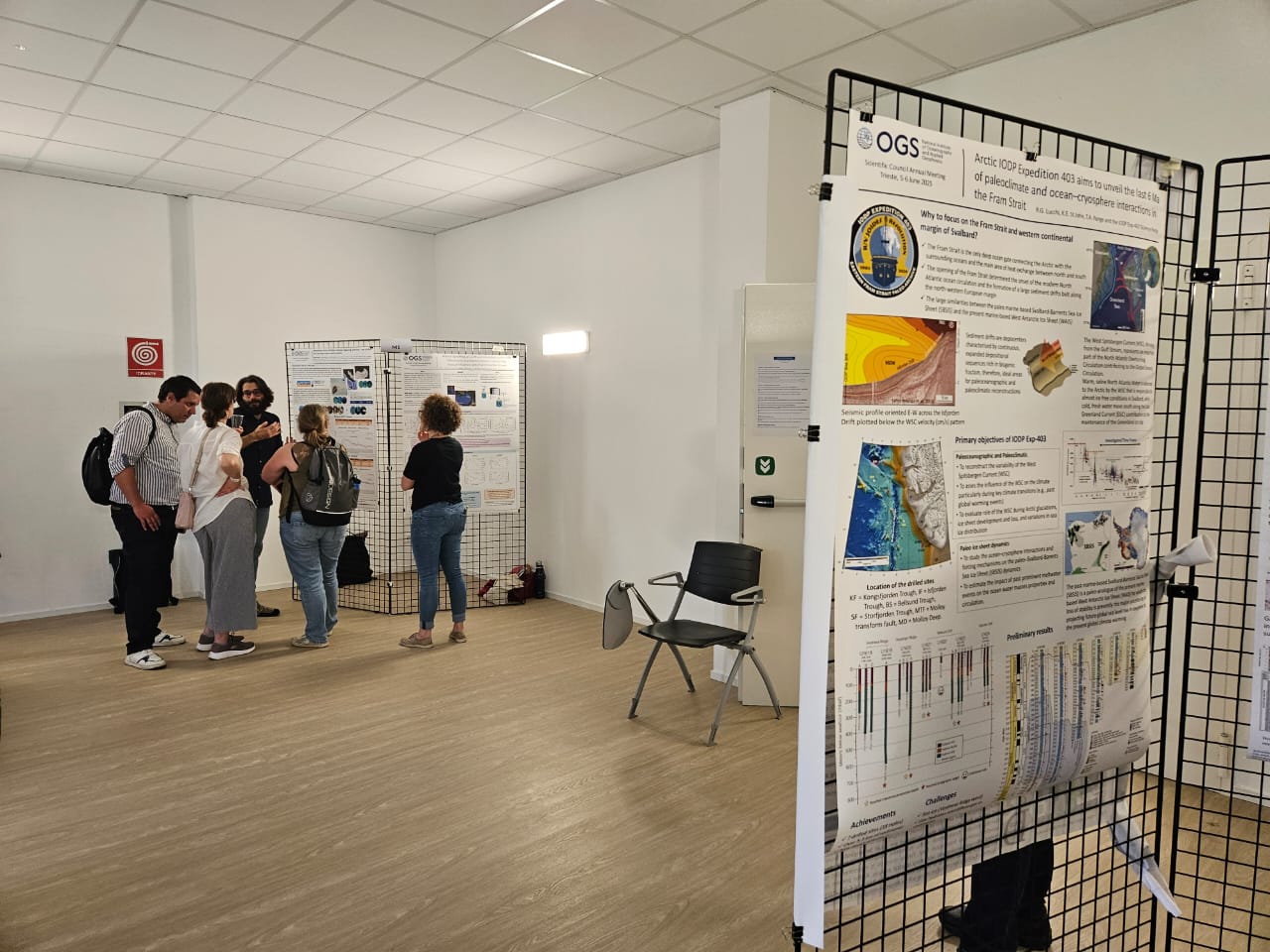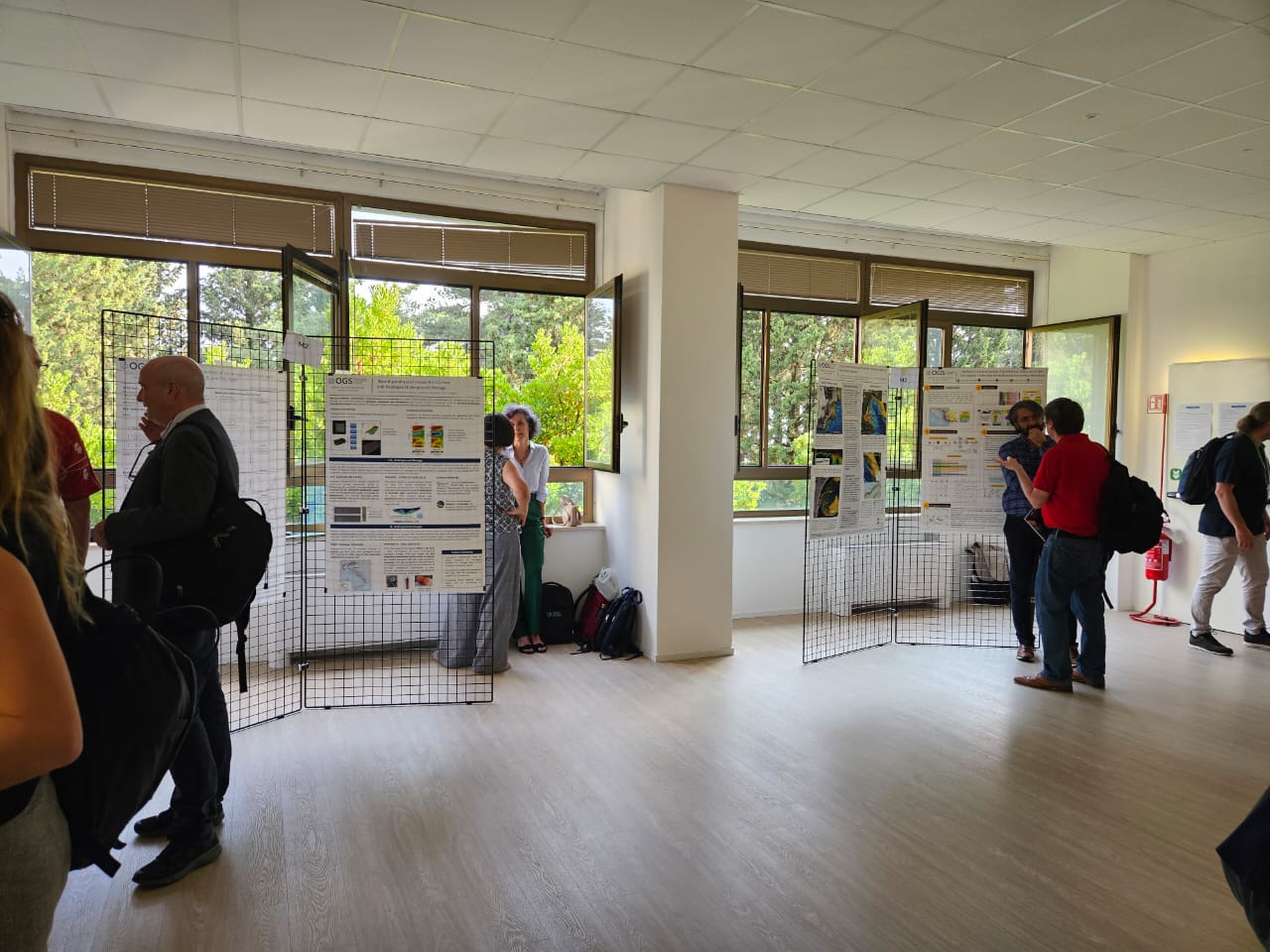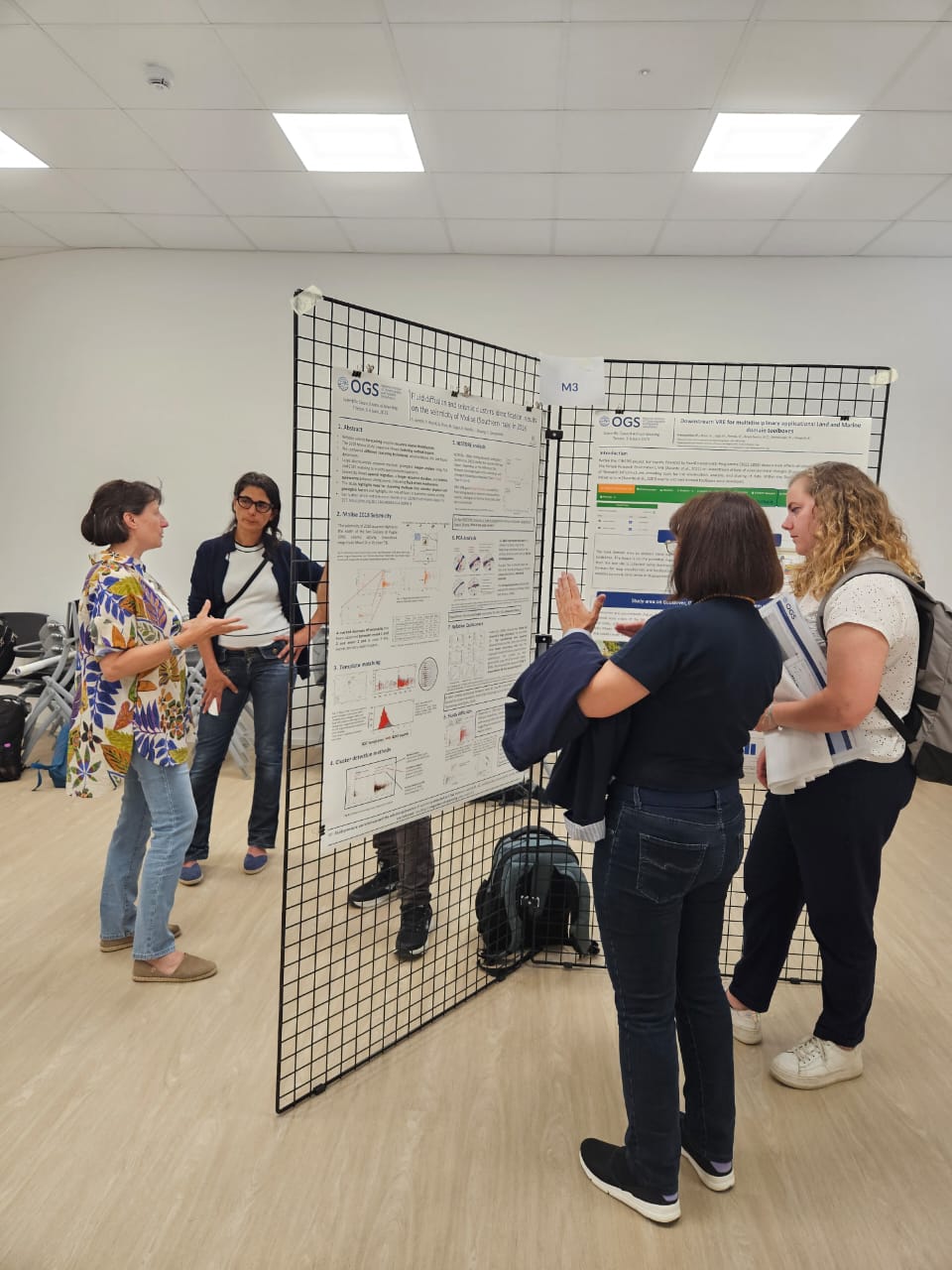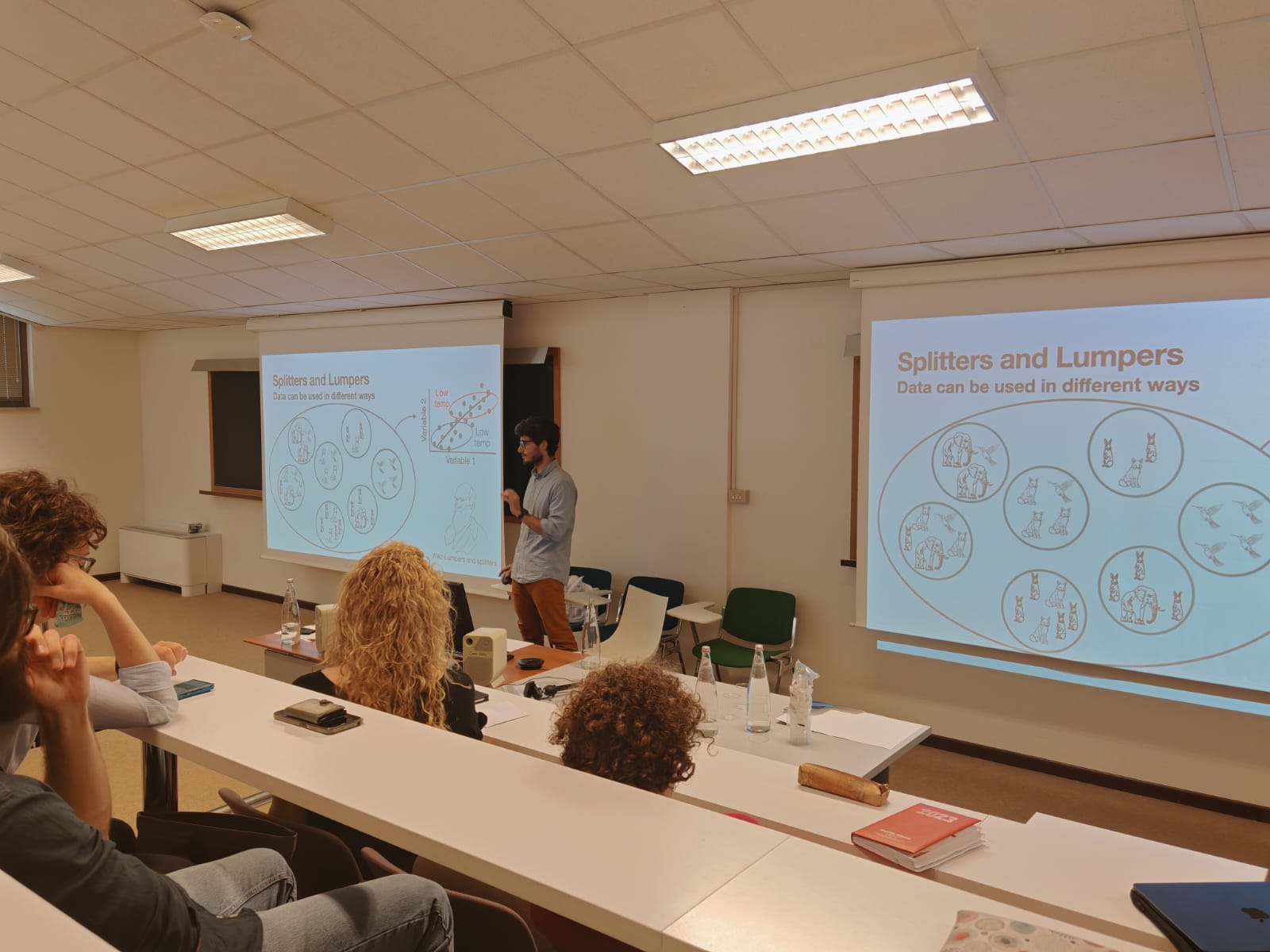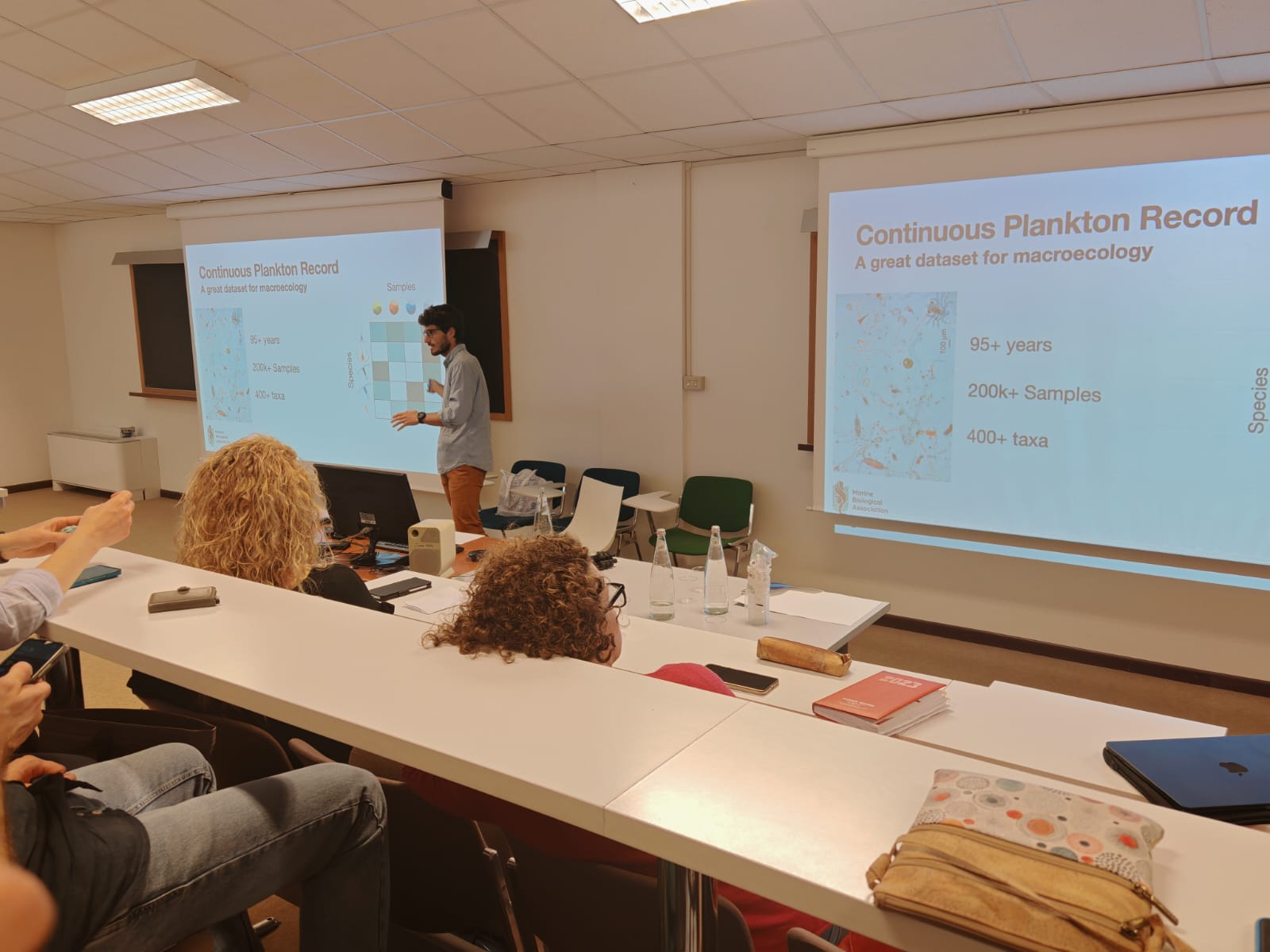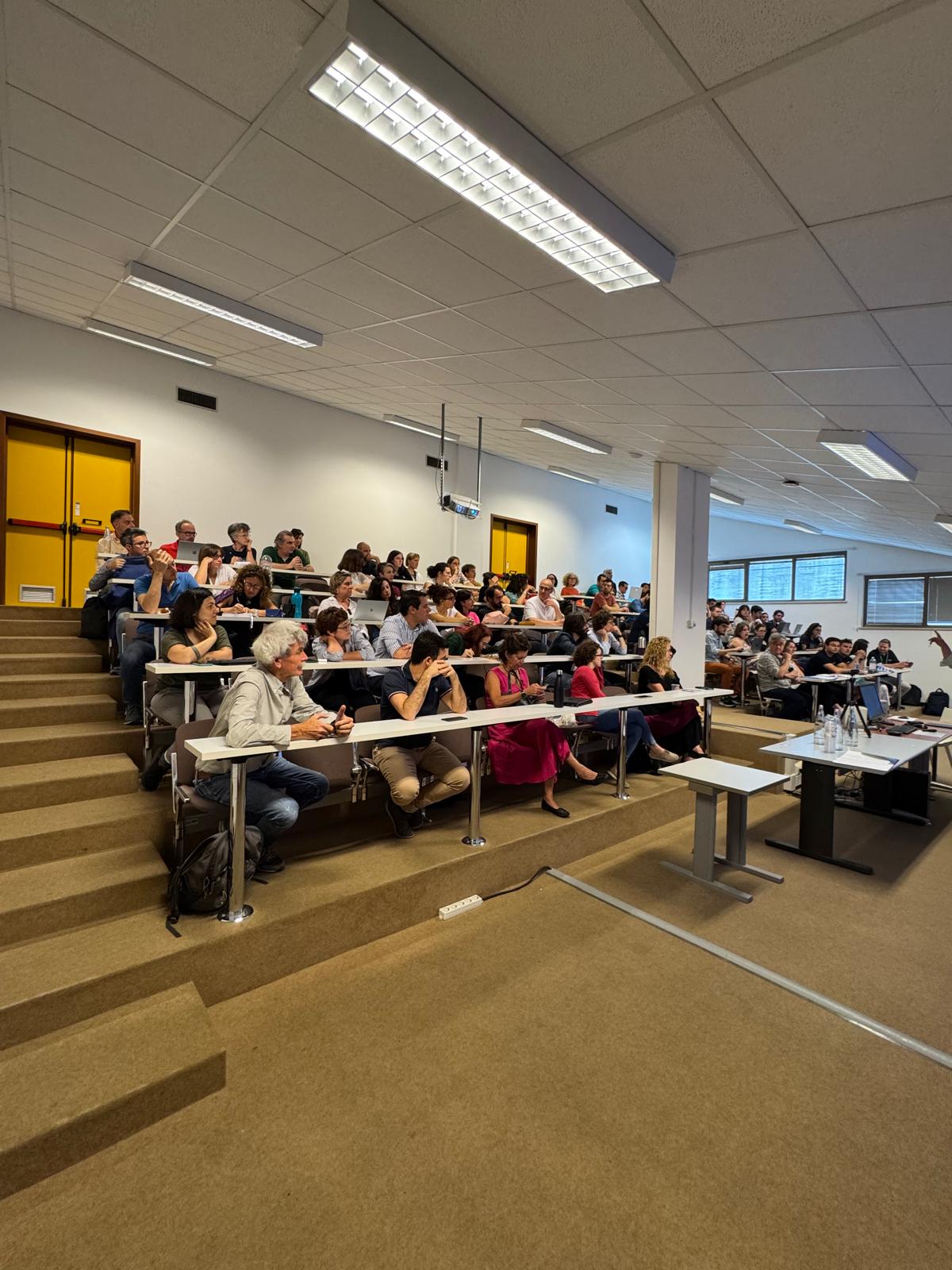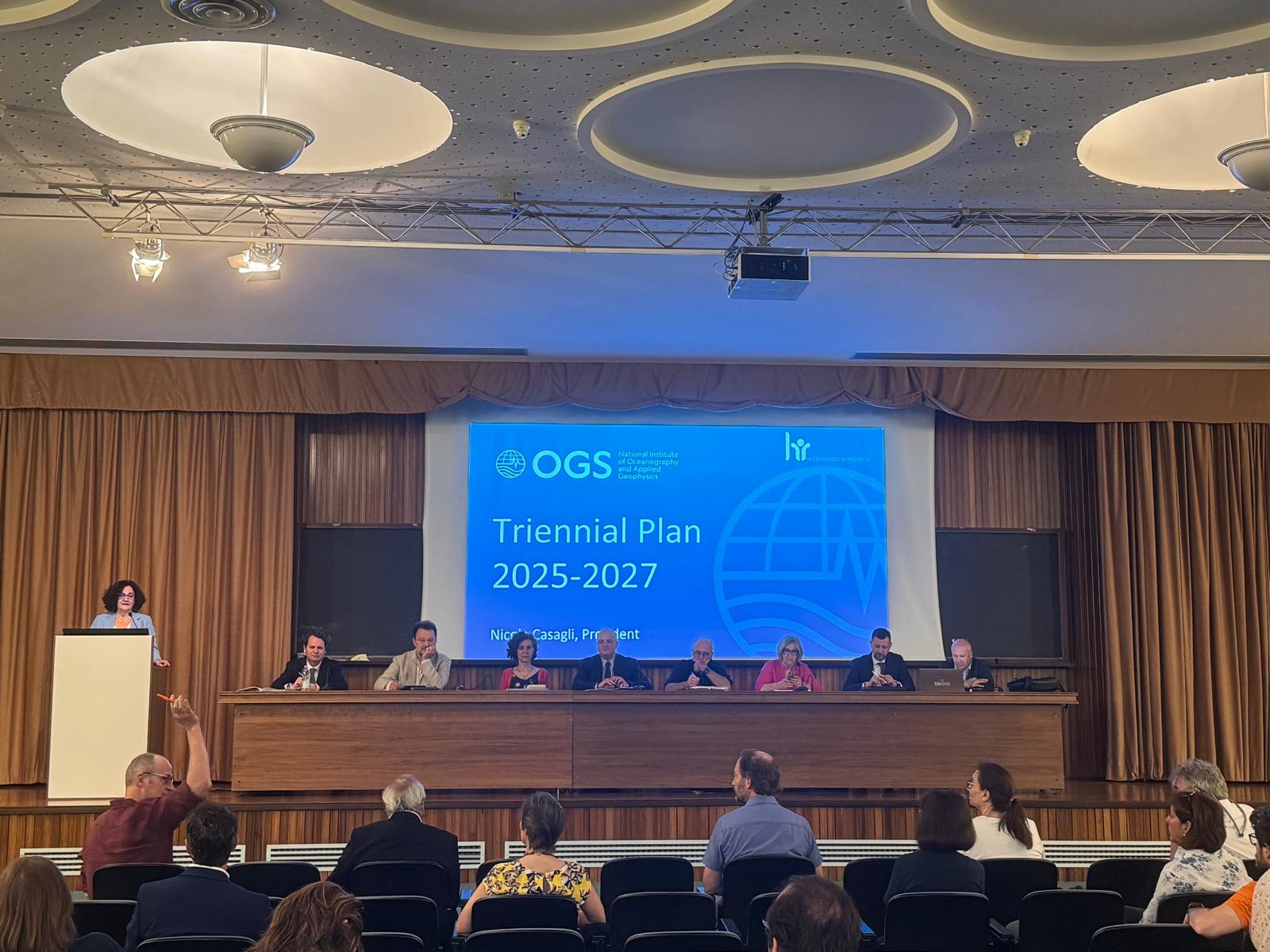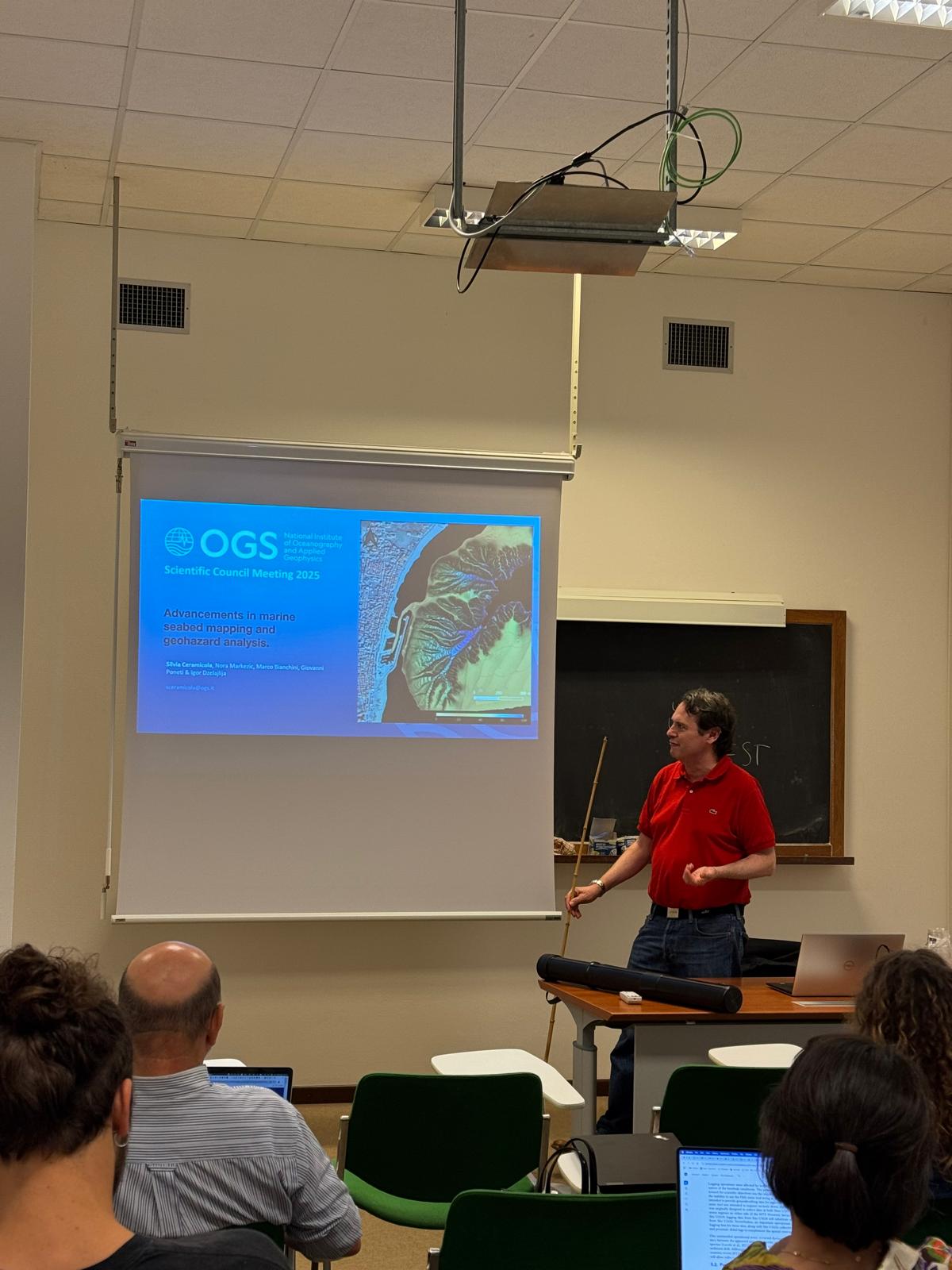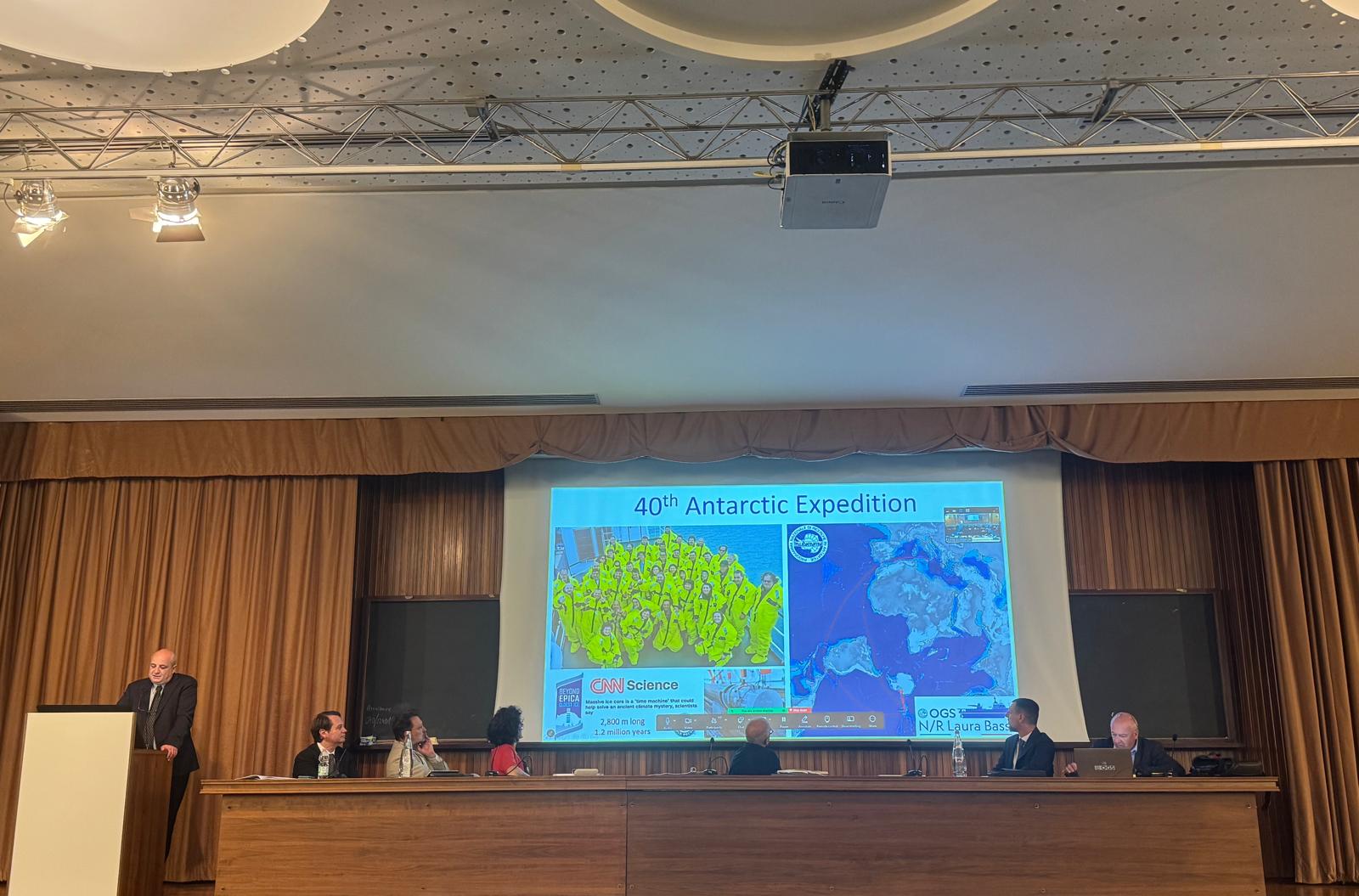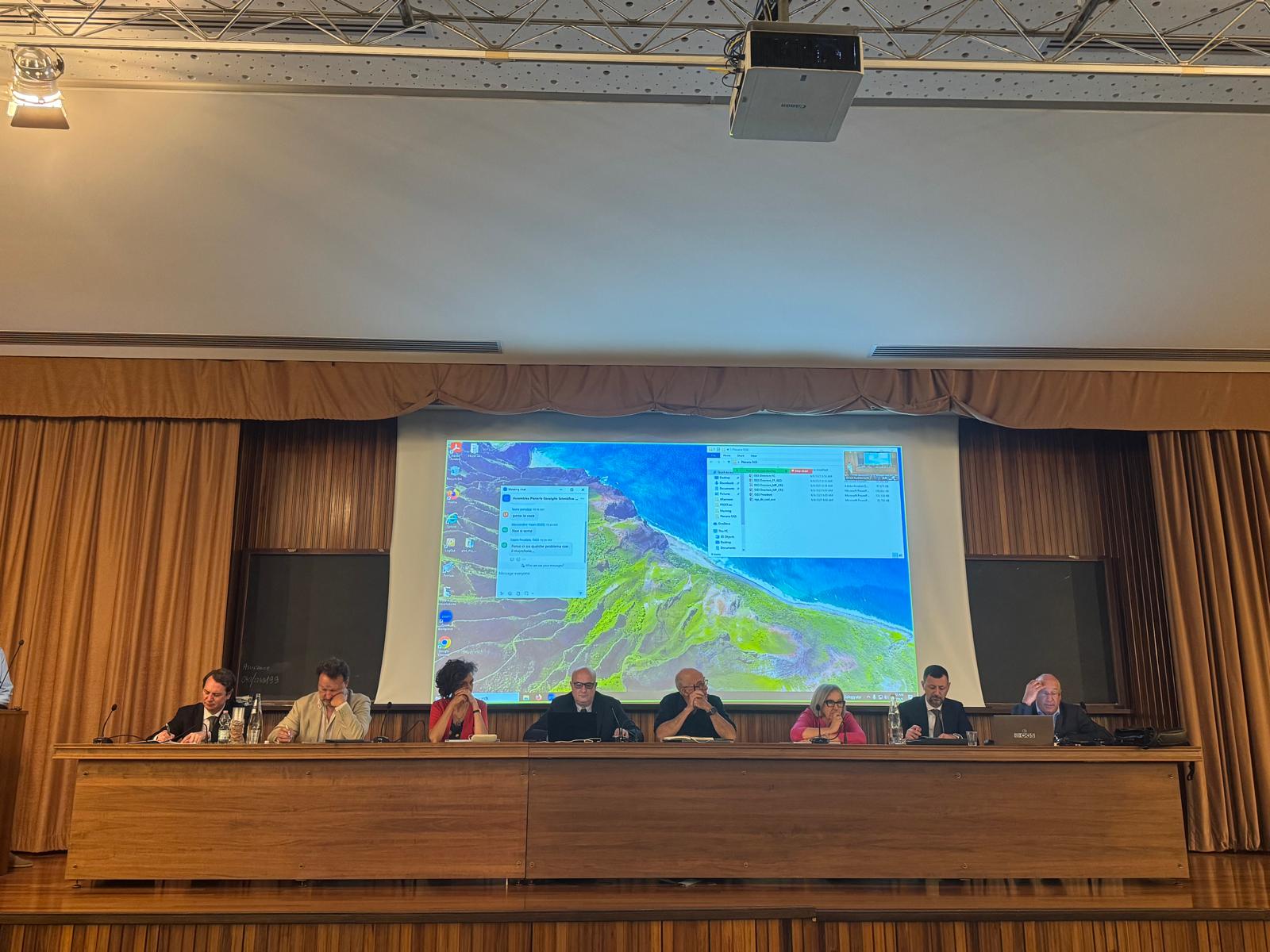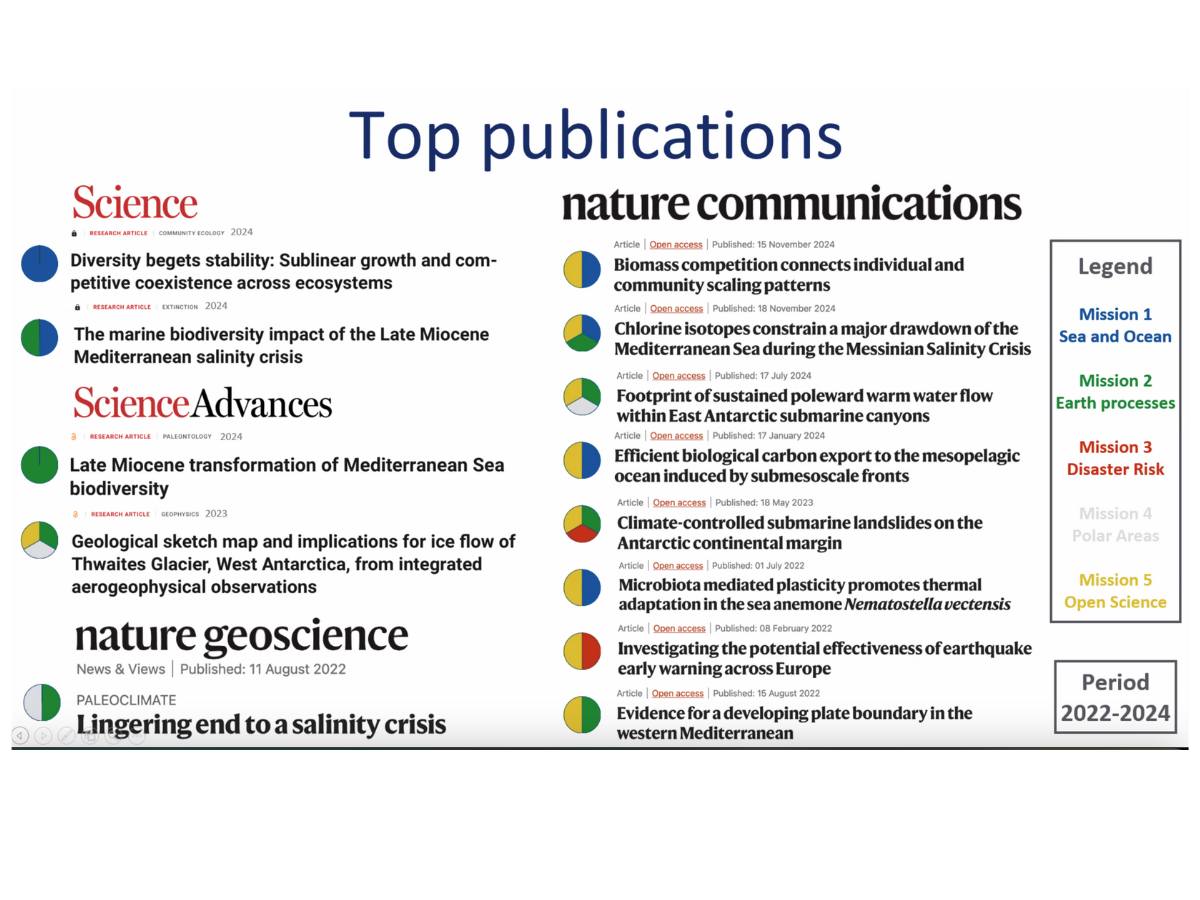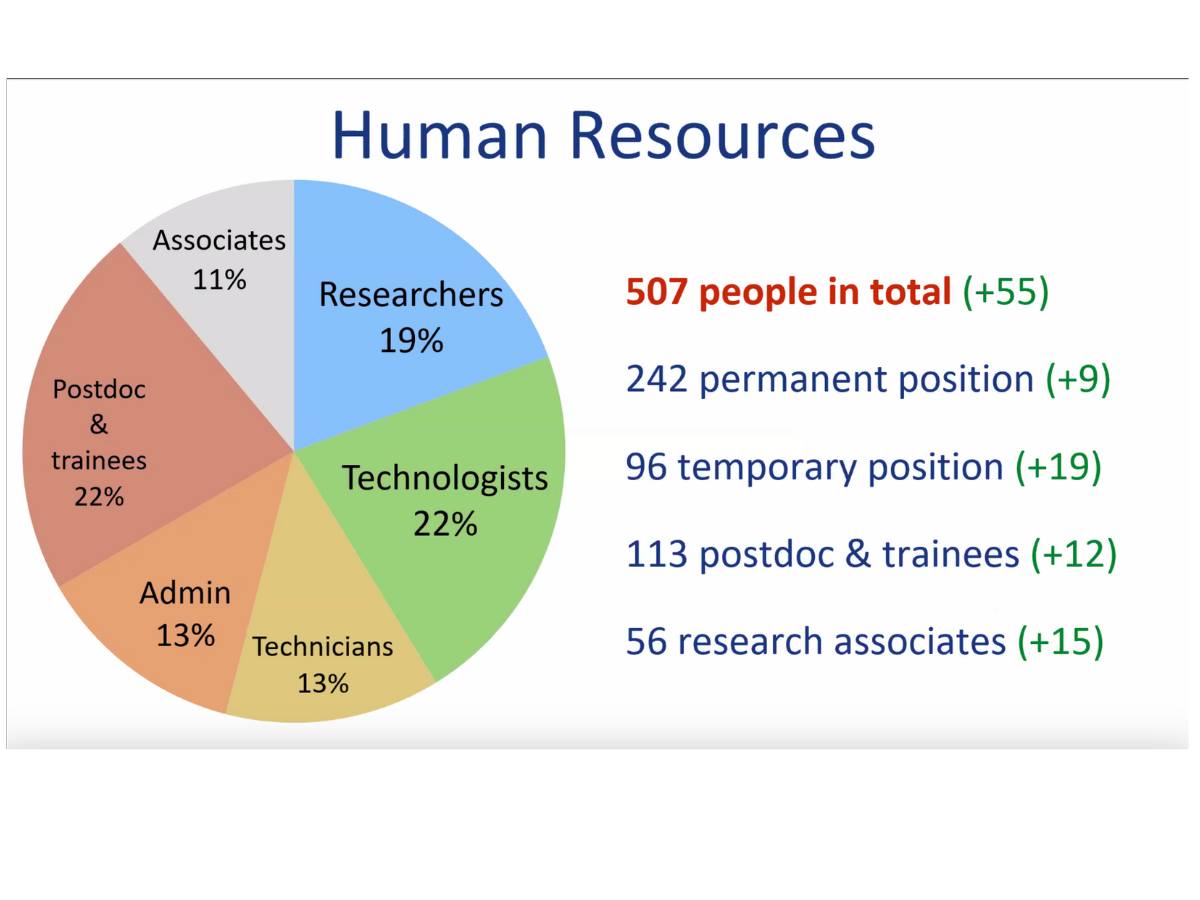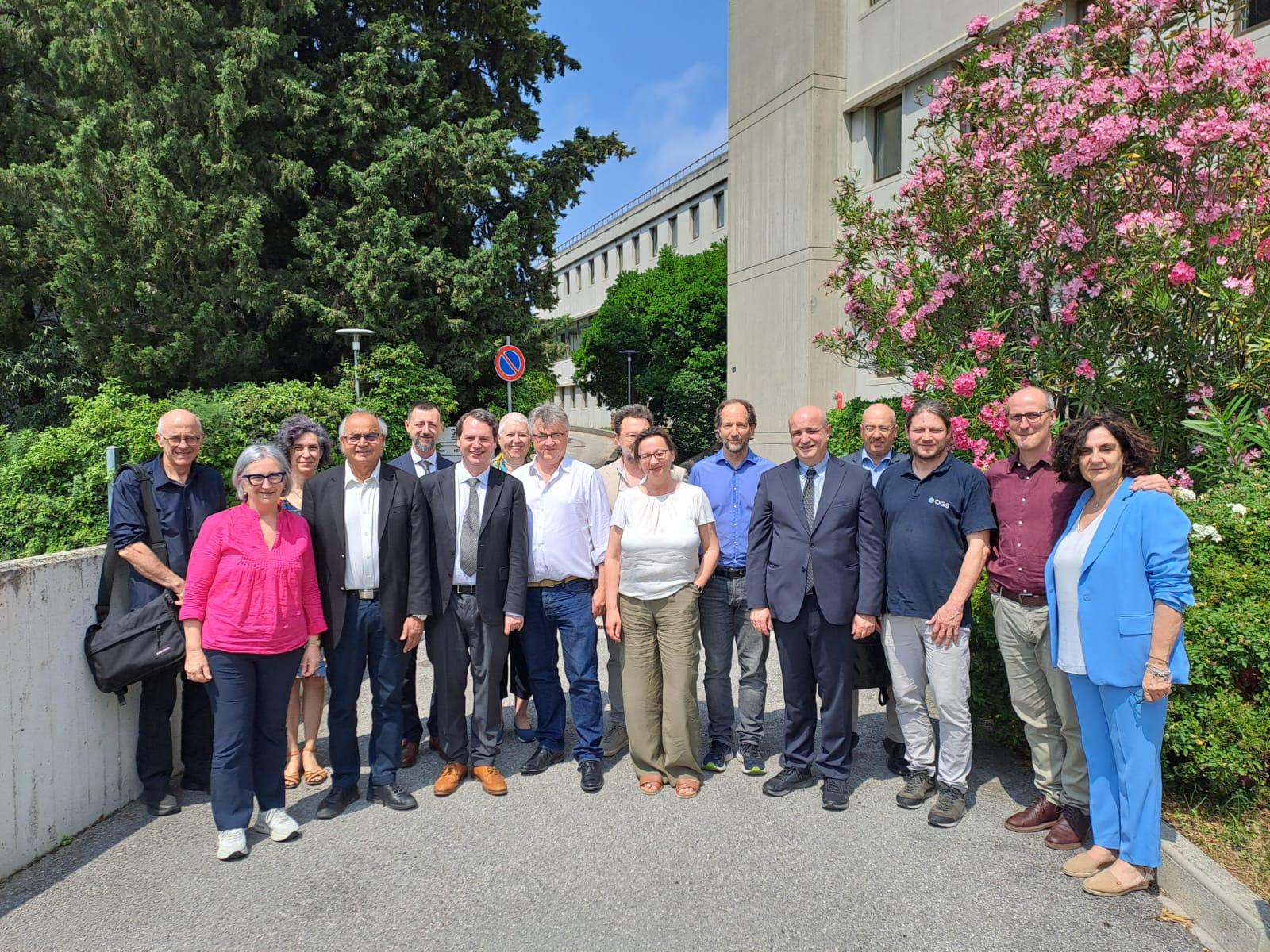
The annual meeting of the Scientific Council of the OGS comes to a close: charting the future of the Institute through research, innovation and public engagement
The annual meeting of the OGS Scientific Council drew to a close today in Trieste. The two-day gathering featured in-depth strategic and scientific discussions, bringing together the experts of the Institute to reflect on the key achievements of the past year and to set the priorities and future direction for the OGS.
The Scientific Council is comprised of seven distinguished members: four external scientists, selected among internationally recognised Italian and foreign experts working in public or private research bodies relevant to the core fields of the OGS; and three internal researchers elected by the scientific staff of the Institute. Among its principal responsibilities, the Council offers guidance on the strategic direction of the OGS, mostly via the ten-year Strategic Vision Document and the Triennial Activity Plan. It also provides essential advice on the organisation and structure of research, as well as on the evaluation of scientific outputs and achievements.
This year's meeting was characterised by robust engagement from the entire OGS community, with thematic workshops and focus groups centred around oceanography, geophysics, and seismology — the three core areas of expertise of the Institute. A poster session showcasing the work of Early Career Researchers added further dynamism to the event.
The event provided a valuable opportunity to foster intergenerational and cross-sector dialogue, while reinforcing a shared, collective vision of the scientific mission of the OGS. Participants engaged in discussions across five strategic domains: seas and oceans, geological processes, disaster risk, polar regions, and open science.
The OGS maintains its leadership role in these fields, both nationally and on the international level. Its efforts range from advanced climate change research (with a particular focus on the Mediterranean and polar regions) to cutting-edge technologies for marine and seismic monitoring and risk mitigation, state-of-the-art predictive models for the sustainable management of natural resources, and a firm commitment to open science and public engagement.
Over the past year, the scientific community of the OGS has achieved significant research output, with more than 260 peer-reviewed publications, and has participated in numerous international research projects. These initiatives have been supported by state-of-the-art infrastructure, such as the Laura Bassi icebreaker – a national asset and a key resource belonging to the Institute.
As the Scientific Council meeting concludes, the OGS reaffirms its enduring commitment to advancing knowledge of our changing planet, strengthening the bond between research and society, and inspiring future generations in the pursuit of a more sustainable future for our planet and its oceans.

